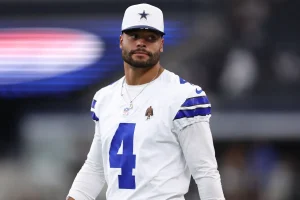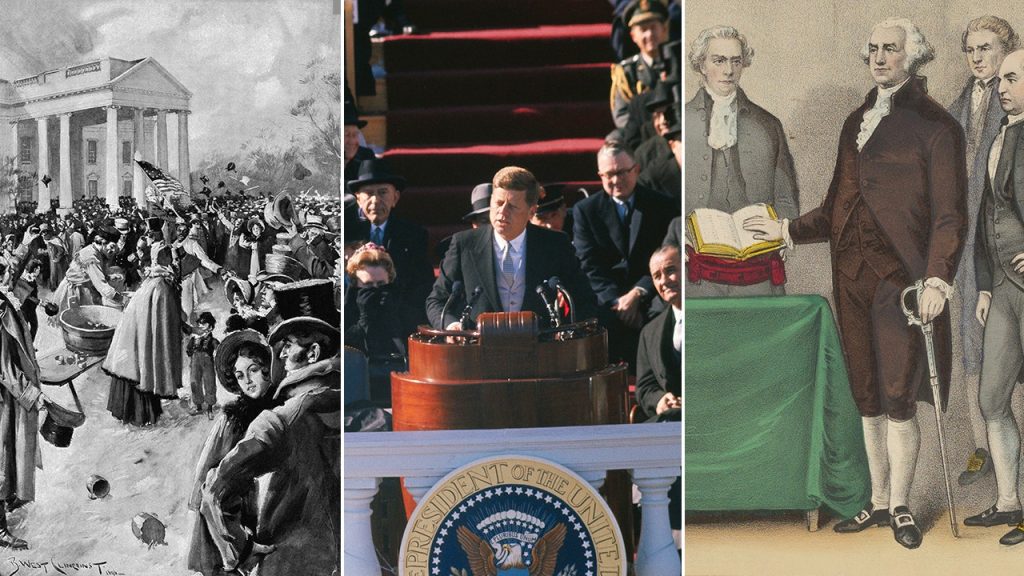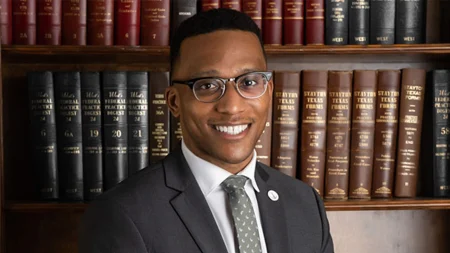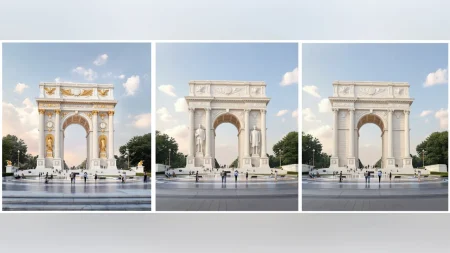Presidential inaugurations, pivotal ceremonies in American history, serve as platforms for incoming presidents to articulate their visions, set the tone for their administrations, and often, inadvertently, create lasting memories, both grand and gaffe-ridden. From George Washington’s inaugural address, which established the very tradition itself, to the technological marvel of Barack Obama’s inauguration witnessed by millions worldwide, these events encapsulate the evolution of American democracy and the unique personalities of its leaders. This exploration delves into some of the most remarkable and, at times, comical moments that have shaped the narrative of presidential inaugurations throughout U.S. history.
George Washington, the nation’s first president, delivered the inaugural address that established the precedent for this significant tradition. His address, delivered on April 30, 1789, was a concise yet powerful statement acknowledging divine providence in the nation’s founding and expressing gratitude for the unity of the American people. This inaugural act, though brief, set the stage for future presidents to articulate their visions and inspire the nation. Fast forward to Andrew Jackson’s 1829 inauguration, which descended into chaos as a celebratory gathering at the White House transformed into a raucous mob. The unruly crowd forced Jackson to flee through a window, while White House staff resorted to unconventional crowd control methods, offering tubs of whiskey and orange juice to disperse the revelers. This incident serves as a reminder of the unpredictable nature of these public events and the challenges of maintaining order amidst the excitement of a new administration.
William Henry Harrison’s 1841 inauguration is remembered for its tragic aftermath. Delivering the longest inaugural address in history on a frigid March day, Harrison, refusing a coat, contracted a cold that quickly developed into pneumonia, leading to his death just a month after taking office. This unfortunate event serves as a somber reminder of the fragility of life and the unpredictable turns of political fate. Franklin Delano Roosevelt’s first inauguration, occurring during the depths of the Great Depression, stands as a testament to the power of words in times of crisis. His iconic phrase, “The only thing we have to fear is fear itself,” resonated deeply with a nation grappling with economic hardship, offering a message of hope and resilience that would define his leadership through both the Depression and World War II.
John F. Kennedy’s 1961 inauguration marked another instance of powerful rhetoric shaping a generation. His call to action, “Ask not what your country can do for you—ask what you can do for your country,” inspired a spirit of national service and propelled the nation towards ambitious goals, including the historic moon landing. Kennedy’s words continue to resonate today, solidifying his legacy as one of the most beloved modern presidents. Barack Obama’s historic 2009 inauguration, marking the first African American presidency, was not without its own unique twist. A slight miscommunication between Obama and Chief Justice John Roberts during the oath of office led to a re-administration of the oath the following day, ensuring the constitutional accuracy of this crucial moment.
Beyond these specific events, presidential inaugurations have often been marked by other notable occurrences, from unexpected weather events to celebrity performances and protests. These moments, both planned and unforeseen, contribute to the rich tapestry of American political history, reflecting the changing times and the enduring significance of this democratic tradition. They underscore the human element within these grand ceremonies, demonstrating that even in the most meticulously orchestrated events, there is room for spontaneity, humor, and occasionally, a touch of chaos.
The study of presidential inaugurations offers a compelling lens through which to examine American history, revealing not only the evolution of political rhetoric and societal values but also the personalities and leadership styles of the individuals who have shaped the nation. These ceremonies embody the peaceful transfer of power, a cornerstone of American democracy, and provide a stage for presidents to articulate their visions for the future. From Washington’s inaugural address to Obama’s historic swearing-in, these events represent vital moments in the ongoing narrative of the United States. They serve as reminders of the challenges and triumphs that have shaped the nation and offer glimpses into the hopes and aspirations of the American people.













